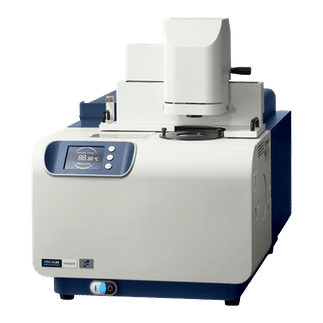To use all functions of this page, please activate cookies in your browser.
my.chemeurope.com
With an accout for my.chemeurope.com you can always see everything at a glance – and you can configure your own website and individual newsletter.
- My watch list
- My saved searches
- My saved topics
- My newsletter
Rudolf BuchheimRudolf Buchheim (March 1, 1820 - December 25, 1879 was a German pharmacologist who was born in Bautzen. In 1845 he earned his doctorate from the University of Leipzig and soon after became a professor at the University of Dorpat. While at Dorpat he created the first pharmacological institute at that school. In 1867 he became professor of pharmacology and toxicology at the University of Giessen. Product highlightBuchheim is remembered for his pioneer work in experimental pharmacology. He is credited for turning pharmacology from an empirical study of medicine into an exact science. He introduced the bioassay to pharmacology, and created a methodology for determining the quantative and medical aspects of chemical substances. While a student in Leipzig, Buchheim translated Jonathan Pereira's (1804-1853) handbook of pharmacology from English into German. He also edited the book, eliminating obsolete and ineffectual medicines and practices, while adding updated information, including a chapter of his own called Art der Wirkung (The Pharmacological Action). A well-known student of his was chemist Oswald Schmiedeberg (1838-1921), who was to become the "founder of modern pharmacology". Today at the University of Giessen is the Rudolf Buchheim Institute for Pharmacology. |
| This article is licensed under the GNU Free Documentation License. It uses material from the Wikipedia article "Rudolf_Buchheim". A list of authors is available in Wikipedia. |







